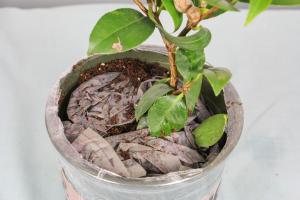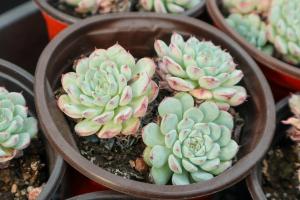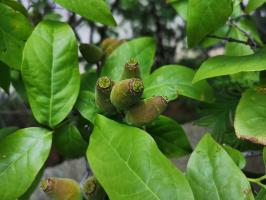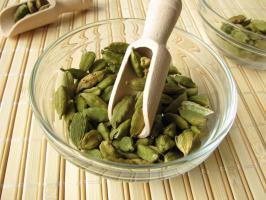Will Aphids Attack Tomato Plants and Squash Plants?
Aphids are commonly known as plant lice and are small, soft-bodied insects that feed on the sap of plants. They are one of the most common pests that can plague gardens, and they tend to target a wide range of plants, including tomatoes and squash. But are they a major threat to these plants? In this article, we will explore whether aphids will attack tomato plants and squash plants.
What Are Aphids?
Aphids are small insects that are typically less than 1/8 inch in length. They can either be winged or wingless and come in a variety of colors, including green, black, brown, and red. Aphids tend to feed on the sap of plants, which can cause damage to the leaves, flowers, and stems of the plant. They can also transmit viruses to the plants, which can be fatal.
Do Aphids Attack Tomato Plants?
Aphids can attack tomato plants and are a fairly common problem for tomato growers. They tend to feed on the undersides of leaves, and they can cause the leaves to curl and turn yellow. This can be especially dangerous for tomato plants because the leaves are responsible for photosynthesis, which is critical for the plant's growth and development.
If left untreated, aphids can cause significant damage to tomato plants. They can stunt the growth of the plant, reduce its yield, and make it more susceptible to other pests and diseases. However, most cases of aphids on tomatoes are not fatal, and the damage can be controlled with proper treatment.
Do Aphids Attack Squash Plants?
Like tomato plants, squash plants are also susceptible to aphids. Squash plants are a favorite target for aphids because they tend to be more succulent than other plants, which makes them easier to feed on. Aphids on squash plants can cause the leaves to yellow and become distorted, and they can also reduce the yield of the plant.
Fortunately, squash plants are generally more resilient to aphids than tomatoes, and the damage caused by aphids is often less severe. However, if left untreated, aphids can still cause significant damage to squash plants, and they should be treated as soon as they are discovered.
How to Control Aphids on Tomato and Squash Plants
If you have discovered aphids on your tomato or squash plants, there are several steps you can take to control the infestation. One of the most effective ways to control aphids is to use insecticidal soap. Insecticidal soap is a type of soap that is designed to kill insects while being safe for plants. It works by suffocating the aphids, and it can be used on both tomato and squash plants.
Another effective way to control aphids is to introduce natural predators into your garden. Ladybugs and lacewings are natural predators of aphids and can help control the population. You can also plant companion plants such as marigolds or garlic, which are known to repel aphids.
Finally, it is important to keep your plants healthy and well-watered. Aphids tend to target weak plants, so if your plants are healthy and thriving, they will be less likely to be attacked by aphids.
Conclusion
Aphids can be a major threat to tomato and squash plants, but with proper treatment, the damage can be controlled. If you suspect that your plants have been infested with aphids, it is important to act quickly to minimize the damage. By using insecticidal soap, introducing natural predators, and keeping your plants healthy, you can effectively control aphids and protect your plants.

 how many times do yo...
how many times do yo... how many planted tre...
how many planted tre... how many pine trees ...
how many pine trees ... how many pecan trees...
how many pecan trees... how many plants comp...
how many plants comp... how many plants can ...
how many plants can ... how many plants and ...
how many plants and ... how many pepper plan...
how many pepper plan...

































